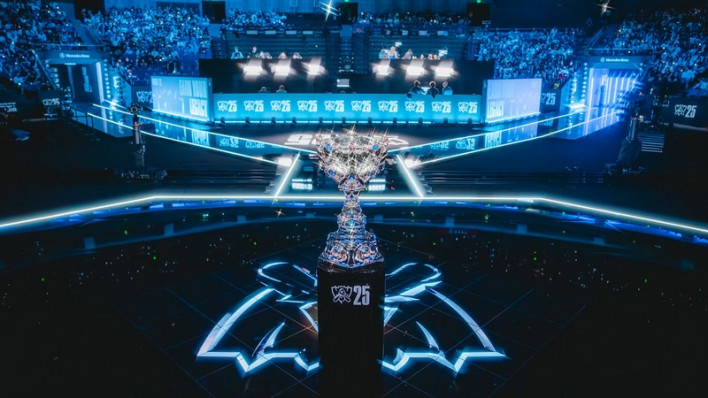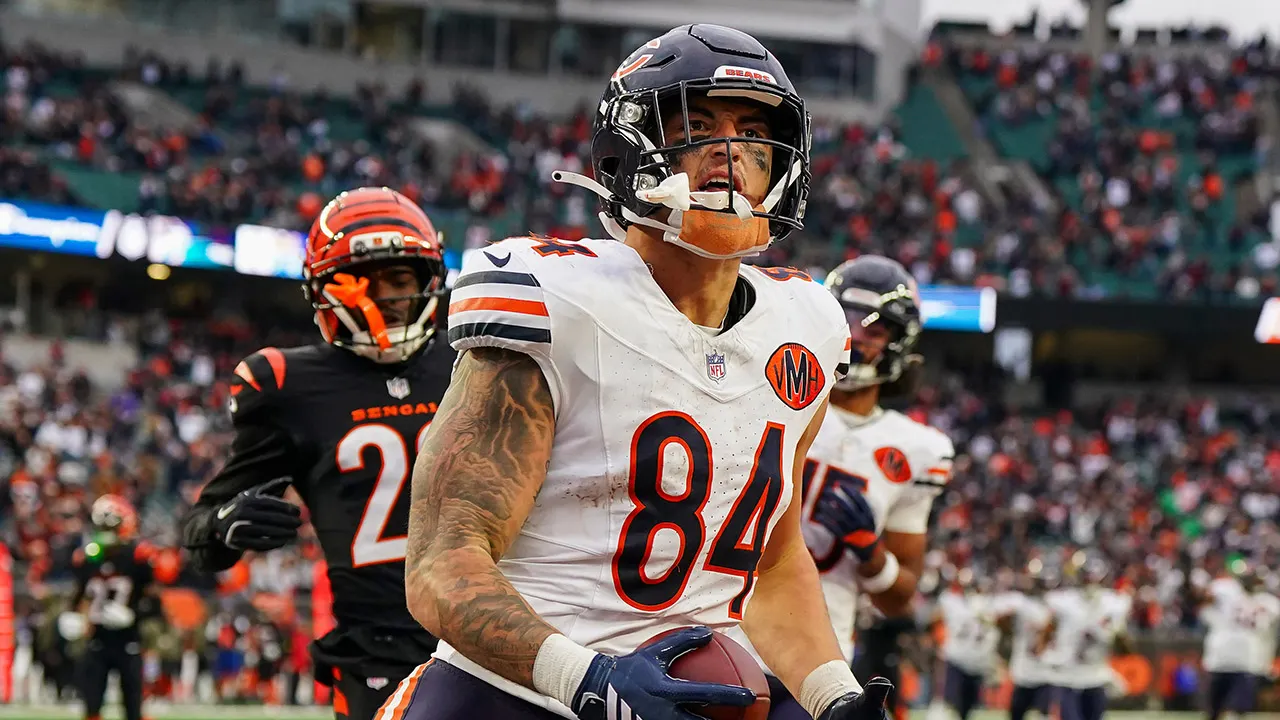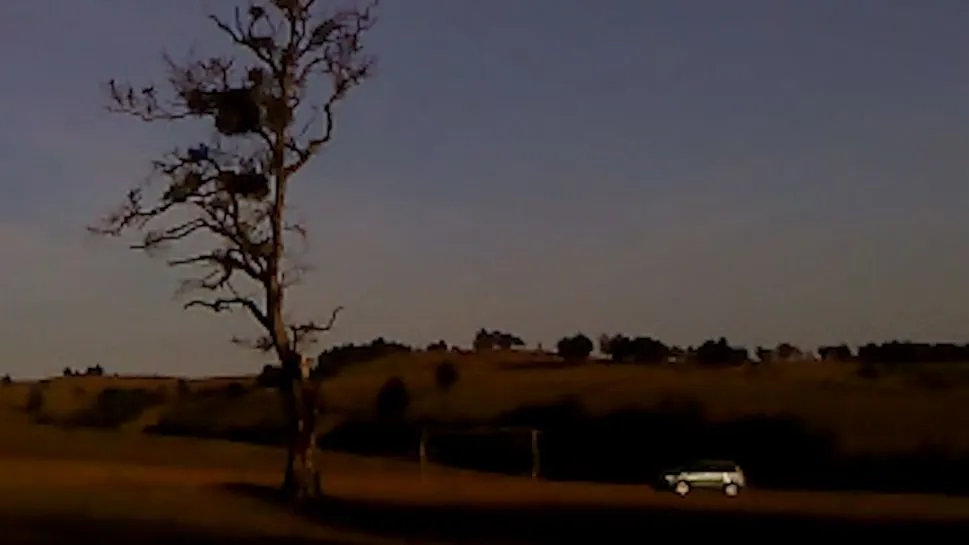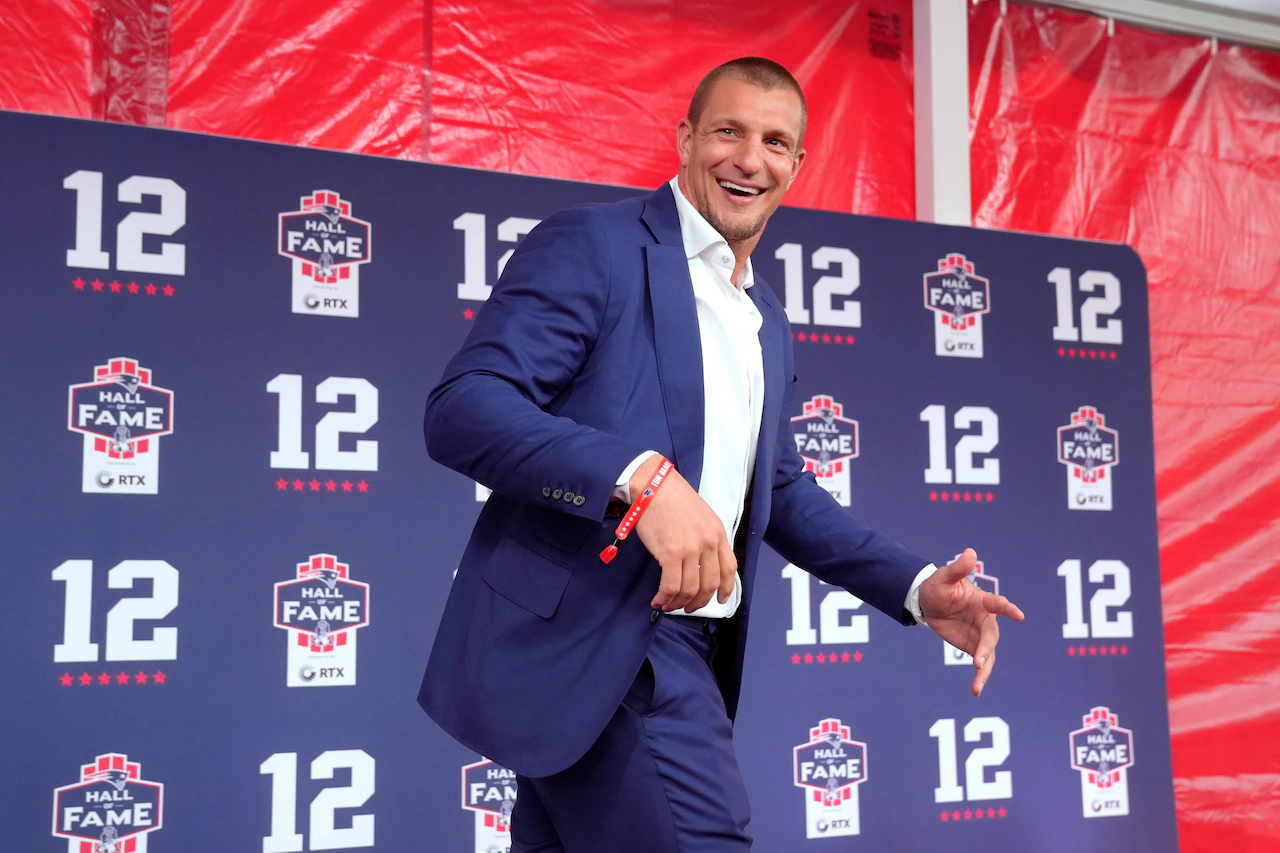Copyright The Boston Globe
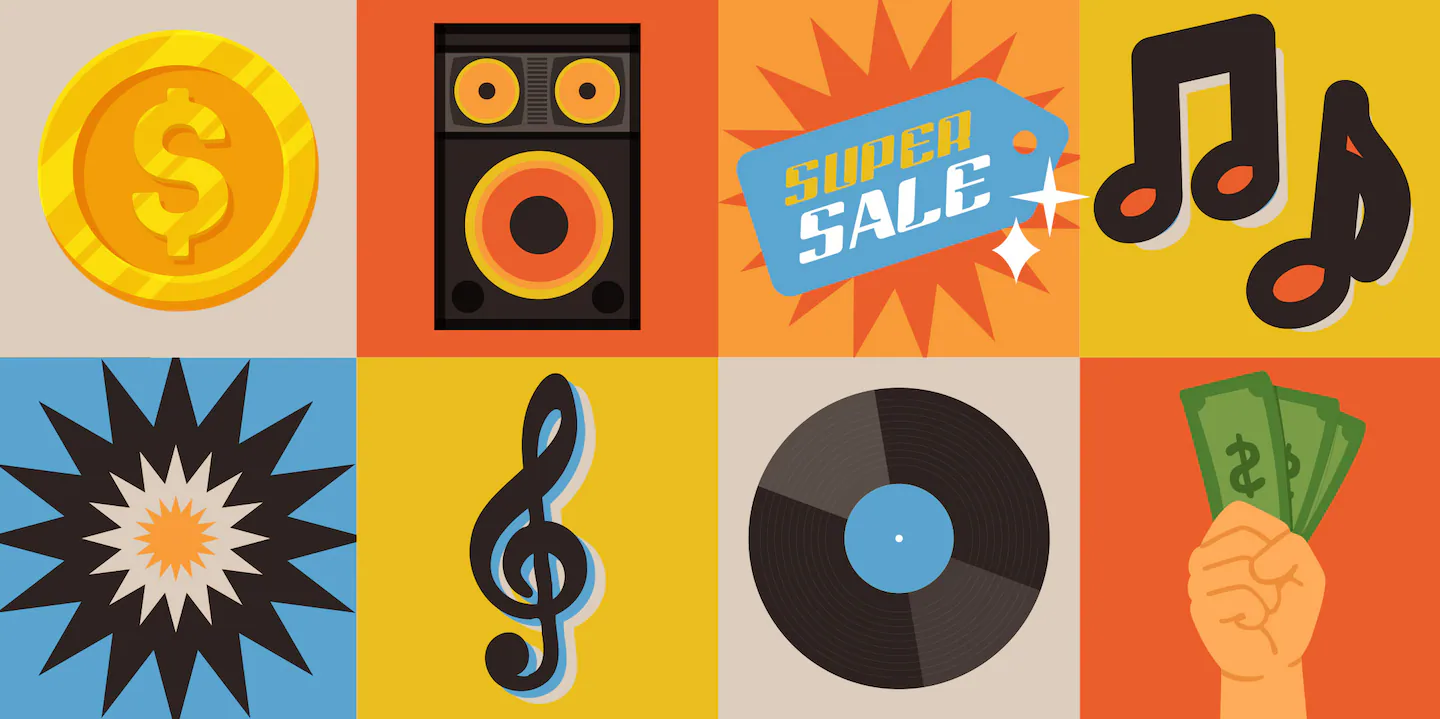
I know co-opted music is nothing new. In 1987, a lot of Baby Boomers went ballistic when The Beatles’ “Revolution” was featured in a Nike ad. Lawyers for the band sued for $15 million, but the lawsuit went nowhere. Michael Jackson had purchased publishing rights for most of the band’s music catalog in 1985, and his representatives legally licensed the song to the sports apparel company. In a 1989 interview, Paul McCartney decried the commercial use of The Beatles’ music. He said it “spoils” the song and “just takes that little edge off of it.” Since I wasn’t a big Beatles fan and it wasn’t what I considered my music, I didn’t get what the big deal was. But it was a big deal and a seismic shift for TV commercials. Up until that point, advertisers mostly relied on original jingles to hawk their products. Now I can’t get through a day without hearing songs I’ve loved — on vinyl and cassettes and CDs and streaming playlists — popping up to sell me stuff I don’t want or need. In just the past year, LL Cool J’s “Mama Said Knock You Out” was in a Jeep Cherokee commercial that’s also narrated by the rapper and actor. As summer waned, Target had a back-to-school campaign featuring De La Soul’s “Me Myself and I.” In a spot for Pandora, a jewelry company, there was the singular voice of Whitney Houston singing “My Love Is Your Love.” Each of these commercials and others seemed to be ransacked from my record collection. As soon as I recognize the song, I look up. I pause and listen. Before I even know it, I’m drawn into 30 or 60 seconds of staring at and swaying to a TV spot I probably would have otherwise muted or ignored. I’m not responding to a clever ad. I’m lost in my own memories. That music takes me back to discovering a club that helped me find myself, a road trip I took with friends, or the song that steered me through an especially difficult time. But I don’t think advertisers care. In the hectic age of the attention economy, all they want is to grab a little bit of our time by any means necessary. It’s nostalgia weaponized. At the same time, I can appreciate how old music in an ad introduces younger generations to artists they may not know. When Volkswagen used Nick Drake’s “Pink Moon” in a 1999 ad, his songs garnered attention that they never received during a life that ended in 1974 when Drake was only 26. (That ad was created by Boston’s Arnold Worldwide.) It’s also great that artists who may have been cheated out of royalties by record companies, and are now getting hosed by streaming services like Spotify, can, if they have a share of the publishing rights, get what they deserve for what they created. But I deeply respect artists like Adam “Ad-Rock” Horovitz and Mike “Mike D” Diamond, the surviving members of the Beastie Boys, who do not allow their music to be used in ads — as Adam “MCA” Yauch, who died in 2012, stated in his will. Not everything has to be for sale. Now I see that McCartney was right. Hearing familiar music in the context of an ad can dull its edge, even if slightly, when it’s reduced to background noise. A great song remains a great song, of course. But I don’t want my first thought of a song from my youth to be about a luxury vacation package or an overpriced car.
